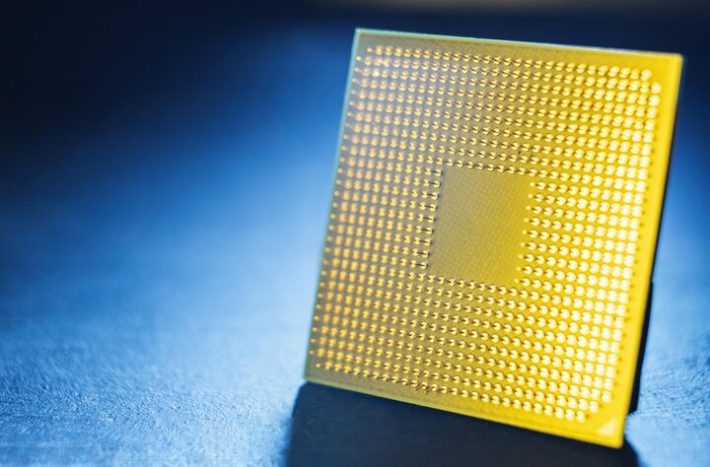Moscow, Russia — A Round Table discussion called Smart city: tasks, solutions and results was held in Moscow on June 4, 2013, and brought together more than 50 delegates with varying specialist skills.
At the beginning of the event Stanislav Makarov, a journalist working in CnewsAnalytics, tried to establish the definition of a smart city. He emphasised that it was the big ecosystem with many interconnected elements and a strong IT infrastructure which was the essential foundation. Makarov has identifed three ways of forming smart cities:
- computerisation of existing cities
- development of small towns (with populations of less than 100,000 people)
- the creation of smart cities from their inception.
Makarov reported that the biggest amount of money was being spent in Songdo, a smart city in South Korea. This 10-year development project is estimated already to have cost in excess of US$40 billion.
Grigoriy Shevchenko, a representative of the company Open Technologies, focused his report on the AIS cube system, designed to give current information about the security of different city’s features and for inter-departmental cooperation. Shevchenko also talked about the ‘smart hospital’ system and new trends in medicine such as individual therapy.
Michael Kashtanov (pictured above), an expert from the publication Geolife talked about intelligent transport systems in general and how machine-to-machine (M2M) technologies could help in different fields of city life. He spoke about the methods used to collect information on traffic flows and further analysis of the data they obtain.
Pavel Kozlov, sales director of the brand, HERE, told the audience about the role of geoservices in urban management, and about the global world process. Among these processes is urbanisation, he said, but people also live in small towns and villages and it is important to correctly distribute a variety of resources in these areas.
Kozlov stressed the importance of having in a city infrastructure with integrated geoservices. The representative of HERE also talked about the new HERE map platform which could be integrated with a variety of devices and adapted for various applications.
Yuri Kuzmenko, a representative of the Moscow Region’s Road Safety Centre, suggested that the concept of smart cities in Russia was at the same level as the computer programming was in the 1970s. There is an absence of common solutions, only pilot projects. But there is progress in the transport sector, he said. Telematic equipment is gradually being introduced in vehicles and public transport management schemes are appearing.
An example of a successfully implemented project in the transport area was given by George Antoniadi, the head of IT in the administration of Krasnodar. He described the ITS which was made in Krasnodar. There is a traffic management centre, real-time traffic data from public vehicles and video cameras, and all the emergency services’ vehicles are equipped with GLONASS.
Finally, Viktor Chernyshev, representing the ‘Light City’ company gave examples of the most developed smart city projects, such as PlanIT Valley and Songdo where all urban space would be managed by a single information system.
(This article is reproduced from Geolife: www.geolife.ru )










